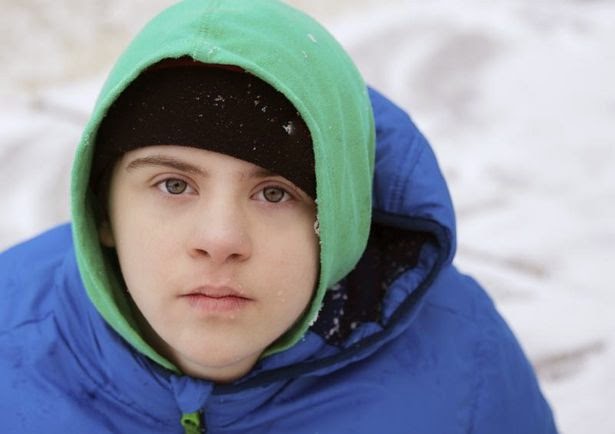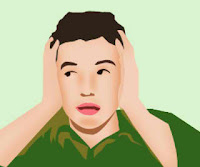Helping Asperger's and High-Functioning Autistic Teens To Cope With Life

"I need some tips on how to deal with my HFA teenager. We're dealing with so many issues at the moment - depression, social isolation, backtalk, failing grades, and the list could go on and on here..." Parenting adolescents brings many challenges – hormonal changes, self-identity, and the pressure of being socially acceptable, just to name a few. When you add Asperger’s or High Functioning Autism (HFA) to the equation, the element of difficulty increases significantly. Parents can help their “special needs” adolescents, but this begins with becoming knowledgeable about what they face. Parents should learn as much about the disorder as possible and how they can support and help these young people face their challenges. The “typical” teenager is really into his or her friends. The tools for developing social skills as an adolescent are shared experiences and conversation with peers . But, for the teenager who has poor social skills or struggles to communicate, t







